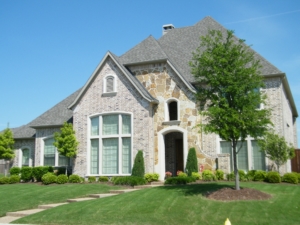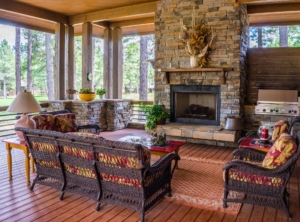
Foundation Coverage Rider
Damage to the home’s foundation is typically excluded from a standard homeowner’s insurance policy. That’s because the foundation is the structural basis of a home, and insuring it presents a financial risk to an insurance carrier, so many simply don’t. Most major insurance carriers offer a “dwelling foundation” rider on your homeowner’s policy for an additional fee. This rider typically covers specific, limited perils, such as water damage due to a ruptured pipe or water seepage. Foundations are NOT covered for settling of the earth (ground). Ask your insurance agent which perils are covered on the foundation rider before you agree to anything.
Covered Perils
Your insurance agent is legally required to list, in detail, the perils that are covered by your homeowner’s insurance policy. Your policy and dwelling foundation rider lists the perils covered, such as burst pipes, water seepage and fire damage. Perils typically excluded in a standard policy and its riders are defective construction, flood damage and earthquake damage. Flood and earthquake policies can be purchased separately.
Endorsements
Another way to insure against damage to your foundation is to purchase different types of “endorsements” that can be added to your policy. No specific endorsement applies to foundation damage, as it is considered a specific peril. But if you have an endorsement for a specific peril that damages your foundation, your foundation repairs will be covered. For example, if you added an endorsement covering sewers and drains, and your foundation is damaged due to a sewer problem, it will be covered under the endorsement. Few if any offer foundation coverage due to earthquake.
Working with an independent insurance agency give you options you might not have with a brand name agency. An independent agent is like your personal advocate for all of your insurance needs and you can manage all your insurance needs in one place.

 Before you hang your stockings by the chimney with care remember that, while fireplaces can provide warmth and comfort, if you’re not careful, they can also be a hazard and jeopardize your home safety. Keep in mind the following precautions to help ensure home safety during the winter season.
Before you hang your stockings by the chimney with care remember that, while fireplaces can provide warmth and comfort, if you’re not careful, they can also be a hazard and jeopardize your home safety. Keep in mind the following precautions to help ensure home safety during the winter season.